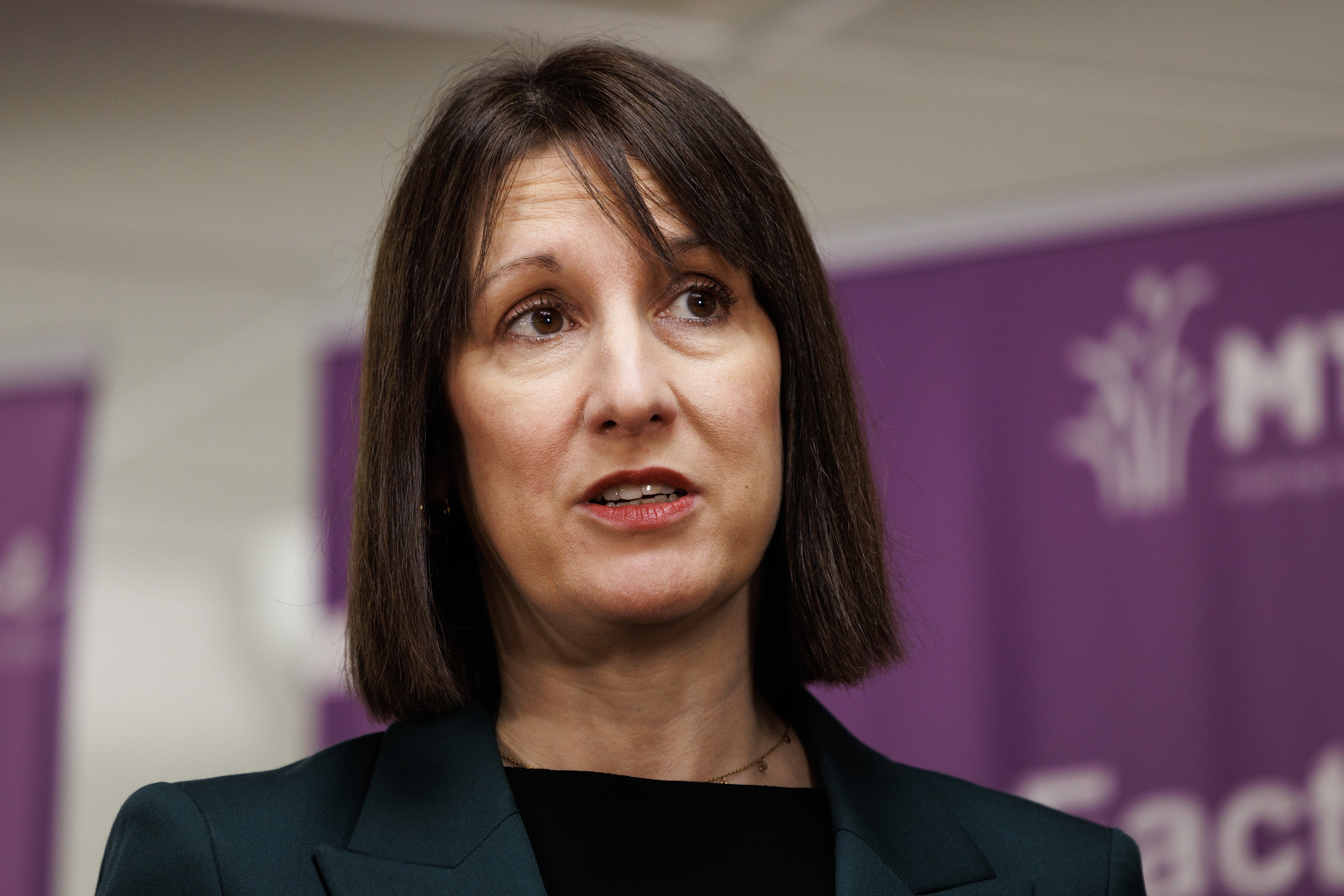New Budget blow to Rachel Reeves as disability charity says it may be forced to scrap key services
Mencap warns it will be hit by the Labour chancellor’s rise in national insurance paid by employers
Your support helps us to tell the story
From reproductive rights to climate change to Big Tech, The Independent is on the ground when the story is developing. Whether it's investigating the financials of Elon Musk's pro-Trump PAC or producing our latest documentary, 'The A Word', which shines a light on the American women fighting for reproductive rights, we know how important it is to parse out the facts from the messaging.
At such a critical moment in US history, we need reporters on the ground. Your donation allows us to keep sending journalists to speak to both sides of the story.
The Independent is trusted by Americans across the entire political spectrum. And unlike many other quality news outlets, we choose not to lock Americans out of our reporting and analysis with paywalls. We believe quality journalism should be available to everyone, paid for by those who can afford it.
Your support makes all the difference.A leading disability charity has warned it may be forced to stop running dozens of services as a result of Rachel Reeves’ tax hikes in her autumn Budget.
Mencap said it could be forced to stop providing at least 60 of its services as a result of the so-called “charity tax”, the rise in national insurance (NI) paid by employers.
Ministers have spared the NHS and the public sector from the tax rise but refused to extend the exemption to charities.
The warning comes just days after the chief executive of EveryYouth, a network of 12 youth homelessness charities, wrote to the deputy prime minister Angela Rayner to warn of hundreds of possible job losses within the network.
The tax hike is designed to raise more than £25bn, which Labour says will be used to help fix the UK’s “broken” foundations.

But Mencap said the rise in its NI costs would total £5.3m every year.
A rise to the national minimum wage at the same time, which will see rates for over-21s go up to £12.21 an hour, will cost another £6.7m.
Jon Sparkes, Mencap’s chief executive, told the BBC the charity may have to stop running at least 60 services, but that the figure could be larger.
“They are services that provide basic daily social care, support for 200 people with a learning disability, and services that employ about 400 people,” he says. “Those are the services I’m worried about immediately.”
He warned: “It could be more.”
He added that unless there was a substantial increase in fees they would have to tell councils, who mainly commission the services, “we can’t afford to run this service safely on the funding that we’re getting”.
EveryYouth CEO Nick Connolly warned his organisation will lose £1.73m due to employer NI increases.
“Our services have already been cut down to the bone,” he told The Independent. “There is already a very minimal standard of support available, and this NI increase will only make the charities’ situation worse.
“This will affect the network’s ability to help young people learn independent living skills and navigate the transition to adulthood.
“It will also make it more difficult to provide additional wrap-around support, addressing childhood trauma and educational deficits, which is funded by donors and is essential if we want our most disadvantaged young people to thrive.”
The charity network has helped 327 people aged between 16 and 25 move into a home this year and has assisted a further 564 young people into employment.
Ms Reeves announced in her autumn statement that the rate of employer national insurance would rise from 13.8 per cent to 15 per cent in April next year.
The secondary threshold, meaning the level at which employers start paying the tax on each employee’s salary, will also be reduced from £9,100 a year to £5,000.
The government told the BBC: “We are tackling the challenges facing adult social care and taking the first steps towards building a National Care Service.”
A spokesperson added: “We are giving local authorities an additional £3.5bn in 2025-26, including a £680m increase in the social care grant to support the sector.”

Join our commenting forum
Join thought-provoking conversations, follow other Independent readers and see their replies
Comments